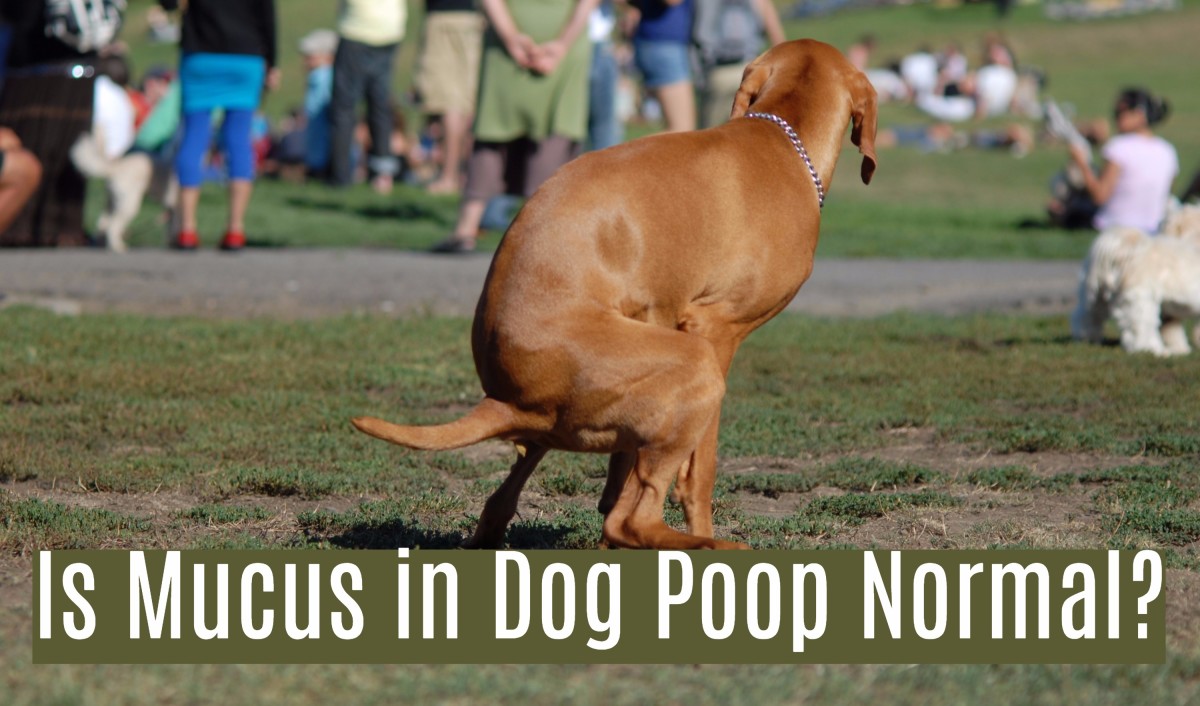My Dog Has Worms in His Poop Understanding and Responding to a Common Concern

My Dog Has Worms in His Poop. Facing the unsettling sight of worms in your dog’s poop can be alarming. The emotional response ranges from disgust to panic, as these unwelcome intruders symbolize a deeper concern regarding your pet’s health. It’s vital to remember that this unpleasant experience is not just a cause for immediate distress; it serves as an entry point into understanding the intricate relationship between your dog’s wellbeing and its surroundings. In this exploration, we will delve into the world of canine parasites, shedding light on the various types of worms that can inhabit your dog’s intestines, their manifestations, treatment options, and preventive measures that every responsible pet owner should consider. The journey toward ensuring your dog’s health requires knowledge, vigilance, and a proactive approach.
Recognizing the Signs of Worm Infestations

Understanding the presence of worms in your dog’s feces begins with recognizing the signs that indicate their existence. Dogs may exhibit various symptoms, some of which are subtle while others are more apparent.
My Dog Has Worms in His Poop – Physical Manifestations and Symptoms

When assessing whether your dog has worms, pay close attention to physical changes that could signify an infestation.
Dogs infected with roundworms often present elongated strands in their stool—akin to spaghetti. This characteristic appearance serves as a clear visual indicator of their presence. Additionally, you might notice a pot-bellied appearance in your dog, indicating possible malnutrition due to the worms siphoning off essential nutrients. Other symptoms can include weight loss despite increased appetite, lethargy, or even dull fur.
Moreover, certain behavioral changes may accompany these physical symptoms. A once-playful dog might turn lethargic, indicating a potential disturbance in its gastrointestinal tract. Observing these signs carefully and correlating them with your dog’s overall behavior allows pet owners to take a considered approach toward intervention, rather than relying solely on visible indicators.
Behavioral Changes and Indicators

Beyond the physical clues, it’s essential to recognize behavioral shifts that could suggest the presence of worms. If your dog seems disinterested in activities they typically enjoy, such as going for walks or playing fetch, it may be time to investigate further.
You may also observe changes in appetite. An infected dog may either lose interest in food altogether or seem insatiable, attempting to eat more in a misguided effort to compensate for lost nutrition. Such fluctuations should prompt discussions with your veterinarian, as they serve as critical markers of your dog’s overall health.
Furthermore, if your dog begins to exhibit digestive disturbances like diarrhea or vomiting, these can also signal the presence of worms. While these symptoms could arise from various conditions, their combination with other signs may create a compelling case for a thorough veterinary check-up.
Monitoring Your Dog’s Fecal Matter

Manually inspecting your dog’s fecal matter serves as another practical method of identifying worm infestations. It’s not the most pleasant task, but regular monitoring can yield crucial insights into your dog’s health.
Look for unusual shapes, colors, or the presence of worms themselves. Seeing something that looks like grains of rice may indicate tapeworms, while something stringy may mean roundworms. Remember, however, that not all worms are immediately visible, and some may require microscopic examination.
Encouragingly, the act of monitoring your dog’s stool can foster a closer bond between you and your pet. By being attentive to these often-overlooked aspects of their health, you demonstrate care and responsibility, and you’re more likely to catch issues early when they are easier to treat.
Treatment Options for Worm Infestations

Upon confirming the presence of worms, the next step involves exploring available treatment options. Consultations with your veterinarian will guide you through tailored approaches suitable for your dog’s specific situation.
Importance of Professional Diagnosis
A professional diagnosis is paramount. Just as an artist requires a skilled eye to discern the nuances in a painting, a veterinarian possesses the expertise needed to evaluate your dog’s condition comprehensively.
Various types of worms necessitate different treatments, and without a proper diagnosis, animal owners may risk administering ineffective or even harmful remedies. The veterinarian will likely recommend a fecal exam, which helps identify the type of worms present and determine the best course of action.
Additionally, several factors—such as your dog’s age, general health, and any concurrent symptoms—will inform the treatment plan. Each dog’s health profile is unique, making personalized care essential for effective recovery from parasitic infestations.
Medications and Their Efficacy

Once a diagnosis is established, the veterinarian will propose a medication regimen aimed at eradicating the identified worms. Various deworming medications are available, each designed to target specific parasites.
Commonly prescribed medications include praziquantel for tapeworms, fenbendazole for roundworms, and ivermectin for hookworms. These medications work by disrupting the worms’ physiological processes, allowing the body to expel them naturally.
In some cases, supportive care may also be recommended. If your dog is experiencing significant gastrointestinal upset, additional therapies may help soothe their stomach and stabilize their diet during the treatment phase.
It’s important to follow the veterinarian’s instructions meticulously, including dosage and duration. Missing doses or stopping treatment early could lead to partial eradication, resulting in resistance or recurrence of the infestation.
Lifestyle Adjustments Post-Treatment

Following successful deworming, implementing lifestyle adjustments can significantly aid in your dog’s recovery and future prevention. Just as artists need to refine their techniques, pet owners must be diligent in maintaining their dog’s health post-treatment.
Start by incorporating a high-quality diet tailored to your dog’s specific needs, ensuring that they receive adequate nutrition. Healthy eating habits bolster your dog’s immune system, promoting resilience against future infections.
Regular exercise is equally important. Keeping your dog active not only promotes general well-being, it also encourages healthy digestion and reduces stress, both of which contribute to better health outcomes.
Lastly, consider keeping a chart or record of your dog’s veterinary visits, medications administered, and any noticeable changes in behavior or health. This log can become an invaluable resource for tracking your dog’s health over time and facilitating informed discussions with your veterinarian during check-ups.
Preventative Measures Against Worm Infestations

While encountering worms in your dog’s poop can be distressing, there are numerous steps pet owners can take to prevent future infestations. Prevention is always more effective than treatment, and fostering good habits now can save you and your pet from discomfort down the road.
The Role of Regular Deworming

Establishing a routine deworming schedule is one of the most effective methods of keeping your dog free from worms. Most veterinarians recommend starting a deworming regimen during puppyhood and continuing it regularly throughout your dog’s life.
The frequency of deworming will depend on several factors, including your dog’s age, lifestyle, and exposure risks. Dogs that frequently mingle with other animals or spend time outdoors are at higher risk and may require more frequent deworming.
Deworming medications are generally safe and straightforward, making them a vital part of responsible pet ownership. By adhering to a consistent deworming schedule, you’re essentially building a protective barrier against infestations.
Maintaining Hygiene and Sanitation

Good hygiene practices play a pivotal role in preventing worm infestations. Cleaning up after your dog promptly ensures that any potential eggs or larvae are removed from the environment, reducing the likelihood of reinfestation.
Consider establishing a designated potty area in your yard where you can manage waste more easily. Regularly washing your hands after handling your dog or cleaning up after them is equally crucial; this simple practice can guard against unintentional transmission of parasites.
Additionally, be vigilant about your dog’s social interactions. Supervise their explorations outdoors to limit contact with potentially contaminated soil or fecal matter from other animals. While dogs are naturally curious creatures, responsible supervision allows you to mitigate risks without stifling their adventures.
Health Check-Ups and Vaccination
Routine veterinary visits serve as a cornerstone for preserving your dog’s health. Regular check-ups allow for the identification of any emerging issues before they escalate to more serious concerns.
During these visits, make sure to discuss a tailored vaccination plan that considers your dog’s lifestyle and environment. Certain vaccinations can protect against diseases that might compromise your dog’s immune system, thereby reducing vulnerability to parasites like worms.
Moreover, these appointments offer the perfect opportunity to engage your veterinarian in conversations about nutrition, exercise, and any behavioral changes you’ve observed. By remaining proactive in your dog’s healthcare, you establish a solid foundation for their long-term wellbeing.
Understanding the Broader Perspective of Canine Health

Worm infestations illuminate the complex interplay between pets and their environments. They remind us that our furry friends exist within a broader ecosystem, where even seemingly minor actions carry significant implications for their health.
Building Awareness of Environmental Interactions
Understanding how environmental factors influence your dog’s health fosters a holistic approach to pet care. As pet owners, we must become attuned to the risks associated with outdoor activities, such as sniffing grass or interacting with other animals.
Monitoring your dog’s interactions with the environment can provide valuable insights into their potential exposure to parasites. Encourage your pet to explore safely, rewarding them for avoiding potentially hazardous areas, and consistently reinforce positive behaviors.
Moreover, educating yourself about local wildlife can deepen your understanding of the risks posed by stray animals or rodents that may carry parasites. Knowledge is power—by familiarizing yourself with the intricacies of your dog’s ecosystem, you empower yourself to make informed decisions that prioritize their wellbeing.
Embracing Compassionate Care
While confronting the reality of worms in your dog’s poop can elicit feelings of alarm, it also presents an opportunity to embrace compassionate care. Reflecting on the challenges faced by our pets emphasizes the importance of empathy and understanding in our roles as caretakers.
Rather than viewing worm infestations solely as nuisances, we can learn to appreciate the deeper lessons they impart. Engaging with our pet’s health concerns fosters stronger bonds, built on trust and mutual understanding.
As pet owners, we are presented with a unique privilege—the chance to advocate for the well-being of our furry companions. Through education, vigilance, and compassion, we can navigate the complexities of pet ownership, ensuring our dogs thrive in a healthy and loving environment.
Conclusion

In conclusion, discovering that my dog has worms in his poop is undoubtedly a distressing experience. However, it brings to light the significance of understanding canine health and fostering open communication with our veterinarians. From recognizing signs and symptoms to pursuing effective treatment options and preventative measures, we have the tools to enhance our dog’s health outcomes.
By actively engaging in our pet’s well-being, we cultivate a nurturing environment that supports not just their physical health but also the enriching bond shared between humans and pets. As dog owners, we hold the responsibility of safeguarding our furry friends from life’s tiny nuisances, ensuring that love, awareness, and proactive care create a harmonious coexistence amid the intricate dance of nature’s unseen forces.
Let us embrace the journey ahead, navigating the challenges while celebrating the joys of pet ownership, knowing that with each challenge faced comes the opportunity for deeper connection and understanding.





